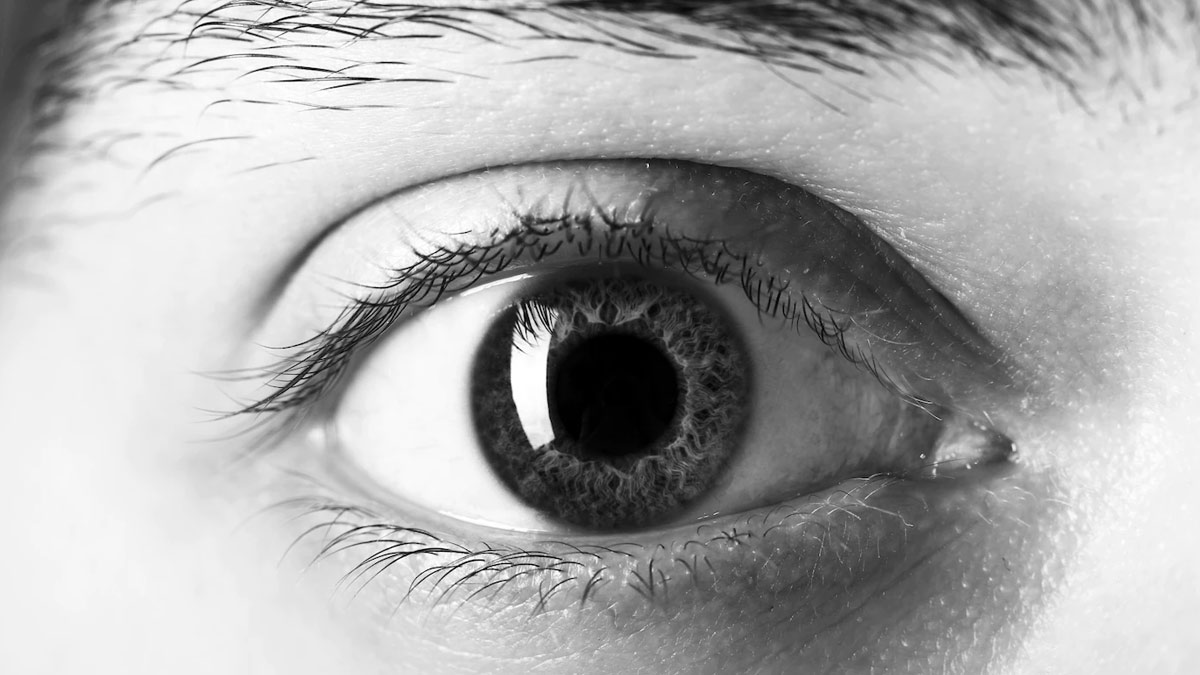
Diabetes is characterised by elevated blood sugar levels, is a complex web that entangles various aspects of our health. This condition arises when the body is unable to produce an adequate amount of insulin or fails to utilise the insulin it generates effectively. The two main types are as follows: Type 1, characterised by an autoimmune response wherein the body's immune system targets insulin-producing cells, and Type 2, frequently associated with lifestyle factors such as obesity and genetic predisposition.
Table of Content:-
Myth: Only people with uncontrolled diabetes experience eye problems
Myth: Diabetes only affects blood sugar levels; it doesn’t impact other organs like the eyes
Myth: Eye problems in diabetes are inevitable; nothing can be done to prevent them
Myth: If there are no noticeable vision problems, there is no need for regular eye check-ups
Whenever the word “diabetes” comes, the conversation usually turns to things like diet restrictions, counting carbs, visits to the diabetologist, and the latest blood sugar monitoring devices. What rarely gets mentioned is the influence of diabetes on eye health. In fact, there are numerous myths regarding the impact of diabetes on vision.
"Failure to effectively manage diabetes can result in severe health complications such as heart disease, kidney issues, vision impairment, nerve damage, and other conditions. Essential for individuals with diabetes is the diligent implementation of medication, lifestyle adjustments, and consistent monitoring to ensure a healthy life," said Dr Mahendra Singh Basu, Founder and Director of Dr Basu Eye Hospital and Founder of Jagat Pharma.
Some Prevalent Myths Surrounding Diabetes and Eye Health
According to Dr Basu, following are some myths and facts surrounding diabetes and eye health.
Myth: Only people with uncontrolled diabetes experience eye problems
Fact: Both Type 1 and Type 2 diabetes can affect eye health, even if diabetes is well-managed. Routine eye examinations are crucial for detecting and preventing issues at an early stage.

Also read: Eye Health Is Often Ignored, Here’s How You Can Take Care Of Your Eye
The misconception that only uncontrolled diabetes poses a threat to eye health is a dangerous oversimplification. Diabetes, even when seemingly under control, can silently inflict damage to the eyes over time. Routine eye examinations become crucial not only for identifying potential issues but also for implementing preventive measures.
Myth: Diabetes only affects blood sugar levels; it doesn’t impact other organs like the eyes
Fact: Diabetes can affect blood vessels throughout the body, including those in the eyes. High blood sugar levels can lead to complications such as diabetic retinopathy, macular edema, and cataracts.
Diabetes is not confined to erratic blood sugar levels; it's a systemic condition that can wreak havoc on various organs, the eyes included. The delicate blood vessels in the eyes can suffer damage due to prolonged exposure to high sugar levels, leading to severe complications that impair vision.
Myth: Eye problems in diabetes are inevitable; nothing can be done to prevent them
Fact: While diabetes increases the risk of eye complications, proactive measures such as maintaining blood sugar levels, regular exercise, and a healthy diet can significantly reduce the risk. Early detection and treatment also play a crucial role.


Contrary to that diabetes inevitably leads to eye issues, individuals can proactively take measures to reduce the associated risks. Lifestyle modifications, coupled with consistent monitoring and early intervention, can act as powerful tools in preserving eye health for those navigating the challenges of diabetes.
Myth: If there are no noticeable vision problems, there is no need for regular eye check-ups
Fact: Diabetic eye diseases often have no early symptoms. Regular eye exams, at least once a year, are essential for early detection and timely intervention.
The absence of apparent vision problems does not equate to the absence of underlying issues. Diabetic eye diseases can silently progress without manifesting noticeable symptoms until significant damage has occurred. Regular eye check-ups are a proactive strategy to catch potential problems in their infancy.
Also watch this video
Read Next
Diabetes Increases The Risk Of Fracture: Expert Explains How, Shares Tips To Maintain Bone Health
How we keep this article up to date:
We work with experts and keep a close eye on the latest in health and wellness. Whenever there is a new research or helpful information, we update our articles with accurate and useful advice.
Current Version